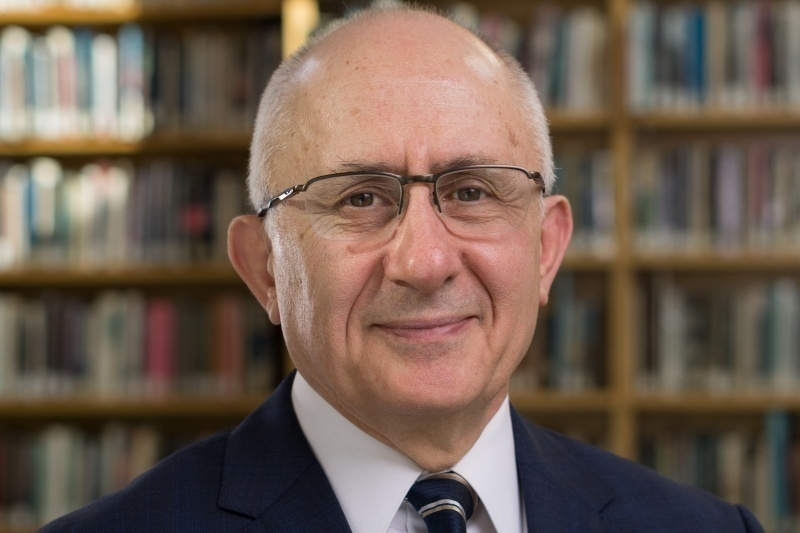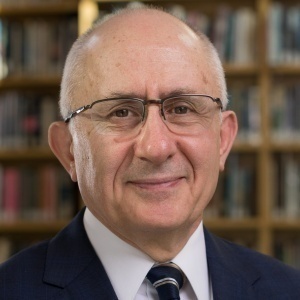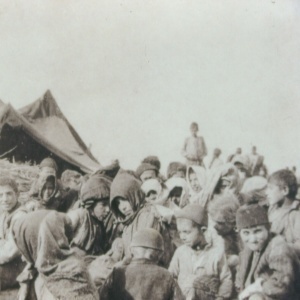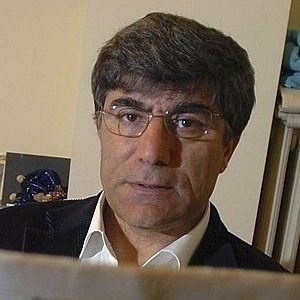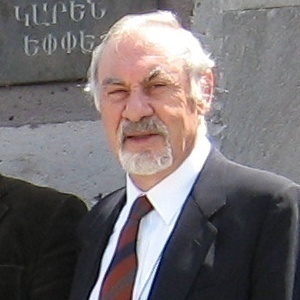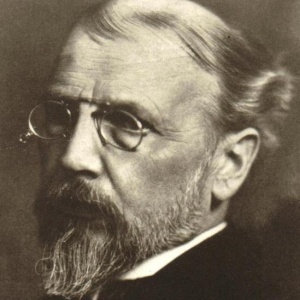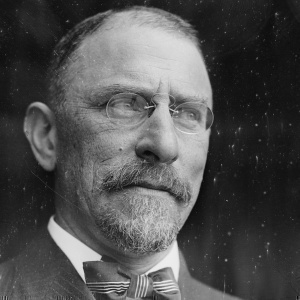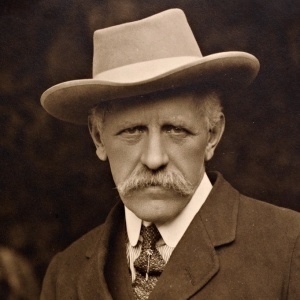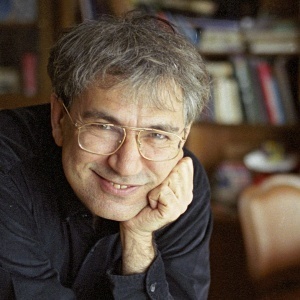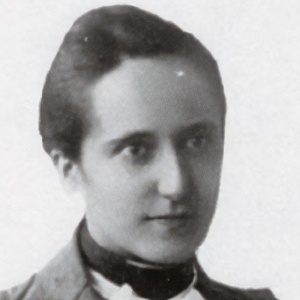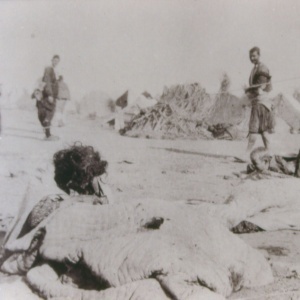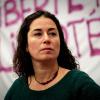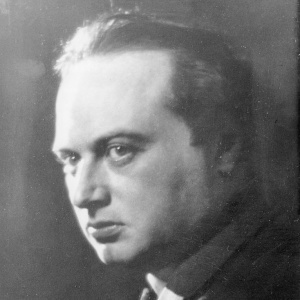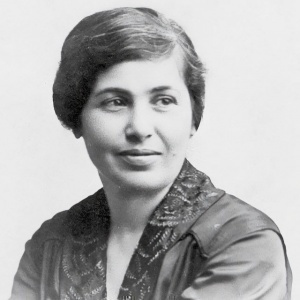Taner Akcam was born in Ardahan, in Turkey, in 1953.
After graduating from Ankara’s Middle East Technical University, in 1976 he was arrested and sentenced to ten years’ detention for having openly discussed the Armenian genocide.
The following year he managed to escape and was granted political asylum in Germany, where he continued to take an active role in politics. In 1988 he began work as a research scientist at the Institute of Social Research in Hamburg on the history of violence and torture in Turkey. He obtained a doctorate from the University of Hannover in 1995 with a dissertation on Turkish nationalism and the Armenian genocide, on the background of the military tribunals in Istanbul between 1919 and 1922.
Akcam is currently "Visiting Associate Professor of History" at the University of Minnesota.
As well as being one of the most discerning and courageous scholars of the Armenian question, he is also one of the first Turkish intellectuals to work intensely on a project aimed at enhancing dialogue between the Turks and the Armenians.
In his latest work, published in 2004 in cooperation with the "Zoryan Institute for Contemporary Armenian Research and Documentation on Genocide", Akcam tries to pinpoint the main obstacles to the process of reconciliation between the Turkish and Armenian peoples. He highlights how the two have developed different narratives of the past and how these constitute a fundamental aspect of the identity of the respective collective groups and are used simply to reinforce existing national stereotypes. The consequence of this is that the way in which both sides perceive themselves and the other becomes an obstacle to common agreement, regardless of the historical debate: "When a Turk and an Armenian meet for the first time, they both see the other as a representative of the other group. The Armenian sees a killer of his people, looming up from the past, and the Turk sees an Armenian traitor from 1915. They generally speak in collective terms. They are no longer individuals, they feel themselves to be representatives of their respective peoples, so, any criticism is perceived as an attack both on the group and on the individual (…) Today, when interacting with each other, an Armenian tends to consider a Turk – by calling him 'Turk' – as one of the murderers of his ancestors in 1915, while a Turk tends to consider and to label the Armenian as a 'traitor of the nation'. In other words, both are incapable of seeing the other as persons in the 'here and now'. (…) But how can we overcome the habit of seeing ourselves through this paradigm and creating a new space in which to communicate openly with each other?" (Akcam, 2004, pages 256, 257, 261)
Akcam is aiming for direct interaction between the two peoples; to this end he believes that both sides should concentrate on mobilizing available political, cultural, social and religious resources, starting from an investigative commission that examines and brings together all available historic documentation: "We need to move on to a paradigm that includes new aspects of the conflict, aspects that have never been taken into consideration before. We have to re-think the problem and place both societies in the centre of our analysis. This change of paradigm should focus on creating a new cultural space that includes both societies, a space in which both sides have the chance to learn from each other." (Akcam, 2004, p. 262).
Taner Akcam (1953)
a Turkish professor who denounced the Armenian Genocide
Gardens that honour Taner Akcam
You can find a tree in the Virtual Garden Gariwo's Stories.


